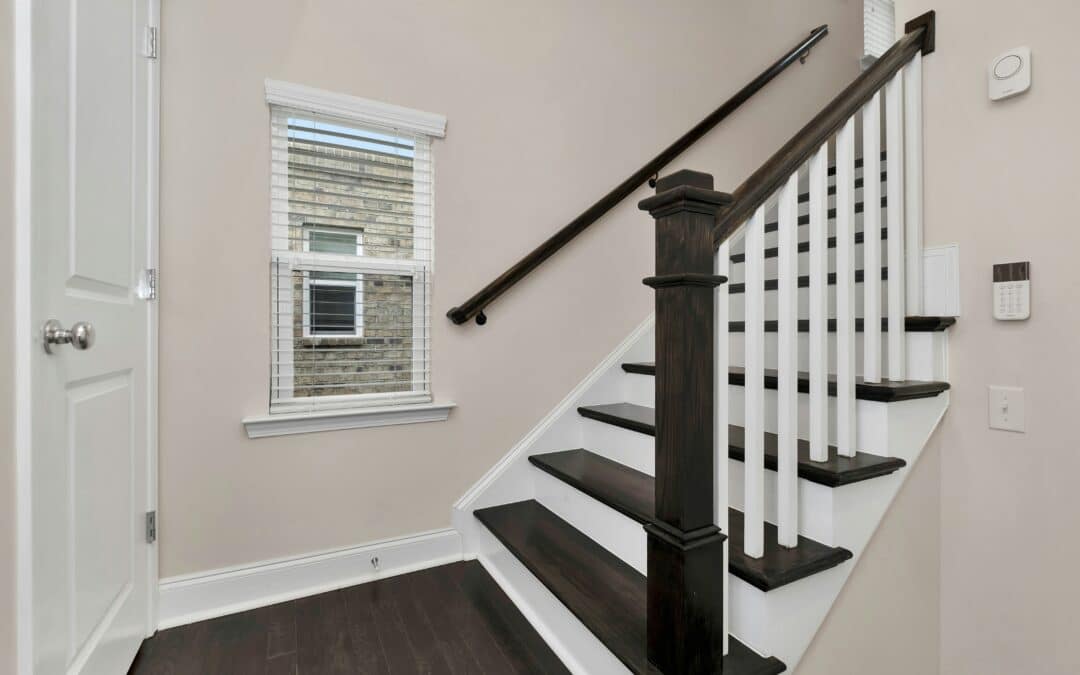 When I look at a prospective property that I will make an offer on at an auction, I know right there and then what my plans are for that property and how I will exit it.
When I look at a prospective property that I will make an offer on at an auction, I know right there and then what my plans are for that property and how I will exit it.
This thinking is critical prior to making offers or bidding at auction. If you don’t have a clear plan for your real estate investments, you will make decisions on false expectations.
Clearly the idea behind buying properties at any type of auction is to make a profit on your real estate investment. However, prior to bidding, or making an offer on any property, you must begin with the end in mind.
In this situation, you must know what your intentions are in advance of buying a real estate investment property at auction.
Specifically, why are you buying?
There are four potential reasons for buying at auction
They are:
No. 1: Keep as a rental for your real estate investment portfolio
No. 2: Renovate the house and sell at a retail price to a homebuyer
No. 3: Renovate the house and sell to another real estate investor
No. 4: Acquire the property and wholesale in “as is” condition to another investor
Know your guidelines upfront for houses you want to keep for long-term rentals as well as the minimum profit you want to make on a flip. The price you pay may be too high to keep it as a rental or too high based on the required renovations to get the property “rent ready” or in good enough condition to pass a home inspection for a retail homebuyer.
The best example I can give you on this is the third house I bought in 1979 in Williamsville, N.Y. It was a fire-damaged house on Nottingham Terrace about one-half mile from my home. I actually started to rehab the house myself. I lasted one day. I hired a crew and I never personally worked on a house again. It’s not the best use of my time, but it could be the best use of your time.
If you have more time than money, and you like to personally work on rehabs, then do it yourself. Me? I like to leverage other people’s talents and do what I do best and what I like to do – that’s why what I do doesn’t feel like work. So, as we completed this rehab on the fire-damaged house, we were about 90% done when I realized the following:
- It wasn’t a good enough rehab for my family to move into it
- It was too good of a rehab to rent it
- It was a difficult time to sell because interest rates were too high in 1979 and it was difficult for home buyers to obtain financing
So, I leased the house to a tenant and I gave them an option to buy the home with a $4,000 non-refundable payment upfront for the option and $1,000 a month in rent. I paid about $25,000 for the house and the rehab was another $55,000. I then borrowed money from the bank, kept the house as a rental and a year later, when the tenant didn’t exercise their option to buy the house, I was able to sell it for a $20,000 profit.
This lesson has helped me sharpen my pencil prior to making offers on bidding at auction. Always know your exact plan on a property prior to bidding on it at auction and acquiring it.
Remember: Ready, Aim, Shoot. Not shoot and then figure it out. This is the first thing you need to know when buying any house, particularly at auction, because you must know what your intentions are and how to exit the property as this will help determine your bid or purchase.
The real estate business avails itself of so many different opportunities and is only limited by your ideas, financial resources and your ability to take action.
In our society today, we are bombarded by marketing gurus and self-proclaimed experts and unfortunately many of them are regurgitating someone else’s ideas and programs without personal involvement. The problem with this is that they lack real-life real estate experiences and they don’t really know what it’s like to feel the thrill of success or the agony of opportunities gone badly.
The knowledge I’ve gained over 33+ years of real estate investment comes from my personal involvement in thousands of transactions. The results of my successes and failures allows me to fine tune and constantly re-evaluate my approach to best practices for marketing and sales.
It’s an ongoing process to attract opportunities and investors alike as market conditions and investor appetites constantly change. People with the courage of their convictions act on their perception of the market. Thus, these experiences will aid your thought process in regard to auctions and especially mortgage foreclosure auctions.
A mortgage foreclosure auction is an auction whereby the lender on a property initiates a foreclosure against an owner of the property who violated the terms of his promissory note, usually nonpayment. The promissory note is secured by a recorded mortgage, which gives the lender a lien on the property. Depending on which state you are in, a mortgage can be called a deed of trust or a security deed.
You know what a mortgage foreclosure auction is, right?
Here are some things you may not know about foreclosure auctions
- The terms of foreclosure are regulated by the state. It’s easy to find out how to go about these opportunities in your area by consulting with an attorney who forecloses on behalf of lenders. You must know the rules for your area prior to doing research on properties and going to any sales.
- Other forms of auctions are from sellers trying to sell their properties fast through auctioneers on the property site or online with companies that provide a platform for sales like Auction.com and RealtyBid.com. These auctions may have a reserve bid or they can be absolute auctions.
- A reserve bid means that the property must reach a “reserve price” that the lender has set. It is a protective measure to prevent a buyer from stealing a house particularly if there are no other bidders.
- An “absolute auction” means the property will sell for whatever the highest bid is regardless of the price. In many cases, a mortgage foreclosure will have an “opening bid” where the bidding will start. Looking at properties that have an opening bid will indicate which houses you should do research on because there is no point to do any research if the opening bid is more than you would want to pay for a house.
If you are serious about this as a business, then it is advisable to do research on all the houses without opening bids as well. There is no substitute for preparation for an auction or anything else in business and it is very time- consuming. This is where most amateurs fall out as there is so much work involved to be successful.
It requires a time commitment and a money commitment and my attitude is to be completely prepared for success. Otherwise, candidly, you don’t deserve it.























0 Comments